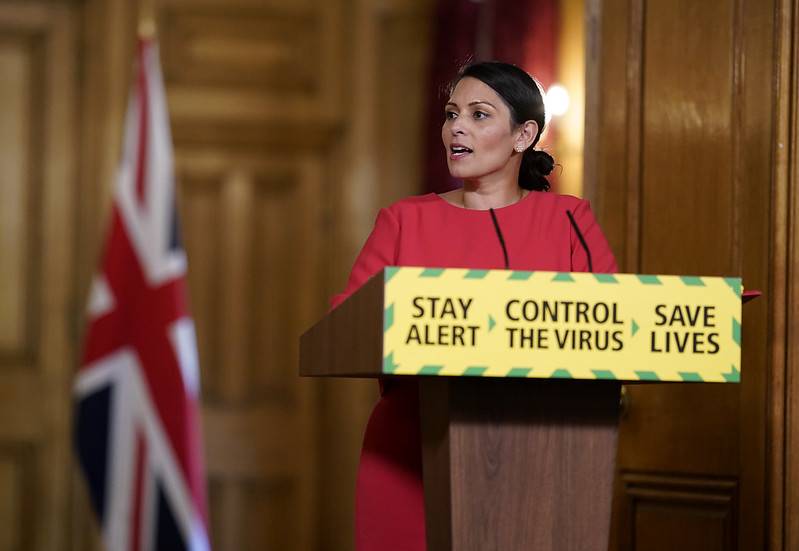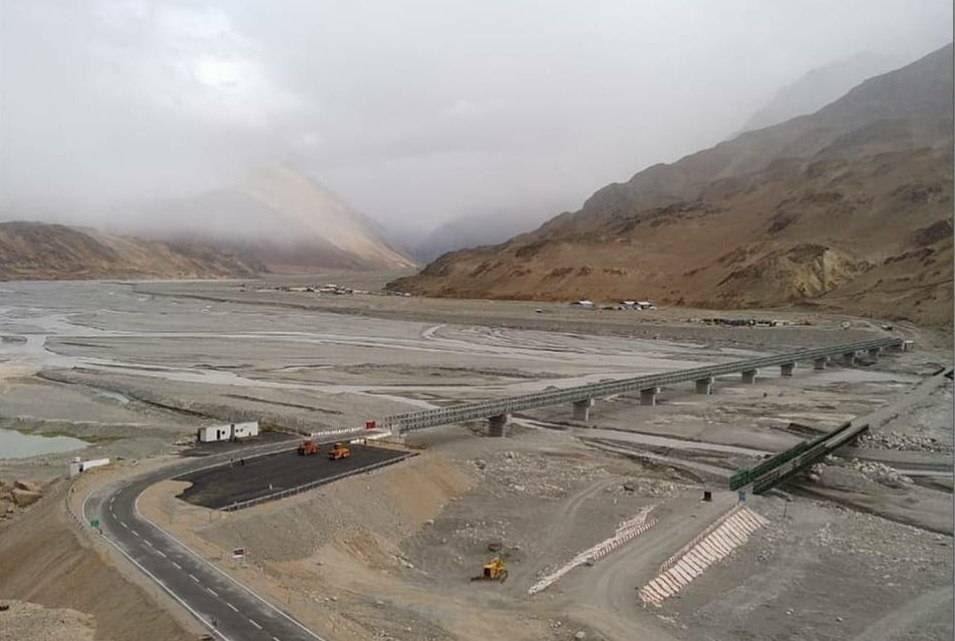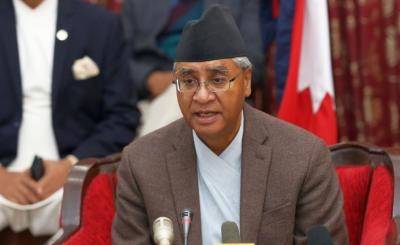As part of the deal, the UK will pay more than £54 million and France will double the number of police patrolling its beaches for the second time in a year to prevent illegal migration, reports Asian Lite Newsdesk
Home Secretary Priti Patel and French Interior Minister Gérald Darmanin on Tuesday signed an agreement to strengthen UK-France joint cooperation to tackle illegal immigration across the Channel.
As part of the deal, the UK will pay more than £54 million and France will double the number of police patrolling its beaches for the second time in a year to prevent illegal migration. This follows a rise in dangerous crossings through small boats departing French beaches.
The Home Office said the two countries would also improve intelligence sharing and use better technology to target those who organise the crossings.
On Monday at least 430 migrants crossed the Channel – a record for one day, the BBC reported.
The Home Office said on Tuesday 287 people had landed in the UK. The previous daily high of 416 was set in September last year. Already this year, 8,460 people have reached the UK, which is almost equal to the total number who made the crossing in the whole of 2020, according to the report.
The agreement between two countries comes as the Home Secretary’s New Plan for Immigration is debated in Parliament this week. The Nationality and Borders Bill will address the failures of the current asylum system and the criminal activity behind illegal migration.
The Bill aims to welcome people through safe and legal routes whilst preventing abuse of the system, cracking down on illegal entry and the criminality associated with it, rather than allowing people to undertake dangerous journeys to the UK as their preferred destination.
“The British people have simply had enough of illegal migration and the exploitation of migrants by criminal gangs,” the home secretary said. “Illegal immigration is driven by serious organised criminals and people smugglers. The public are rightly angry that small boats are arriving on our shores, facilitated by appalling criminal gangs who profit from human misery and put lives at risk.”
“The government is addressing the challenge of illegal migration for the first time in over two decades through comprehensive reform of our asylum system which will enable us to going after the gangs exploiting people, deter illegal entry into the UK, introduce new and tougher criminal offences for those attempting to enter the UK illegally and strengthen our ability to remove those with no legal right to be in the UK,” she added.

With UK support last year, France doubled the number of officers deployed daily on French beaches, improved intelligence sharing and purchased more cutting-edge technology. This resulted in France preventing twice as many crossings so far this year than in the same period in 2020, the UK government said.
However, as French interceptions increased, organised criminal gangs have changed their tactics, moving further up the French coast, and forcing migrants to take even longer, riskier journeys.
As part of the deal, France will now be able to respond by posting more security forces further up the coast, installing and utilising the latest surveillance equipment throughout northern France.
French officers will patrol wider areas of coastline across the northern coast between Boulogne and Dunkirk, and will expand patrols further north-west around Dieppe. They will also deploy wide-area surveillance technology to improve coverage of the coast of France to prevent crossing attempts, including the use of aerial surveillance.
The package agreed by both parties also include investment in infrastructure to increase border security at key border crossing points along the Channel coast.
Whilst these are important steps, the UK and France agreed that further collaboration would be required to significantly disrupt the organised crime which underpins the small boats phenomenon as well as any other form of illegal migration towards the UK through France.
Both nations agreed to implement a long-term plan for a ‘smart border’ along the coast and improve existing surveillance technology. New cutting-edge technology will identify where crossings are being attempted, directing French law enforcement officers to those locations, thereby stopping migrants from risking their lives in entering the water.
ALSO READ-US tells citizens to avoid travel to UK














